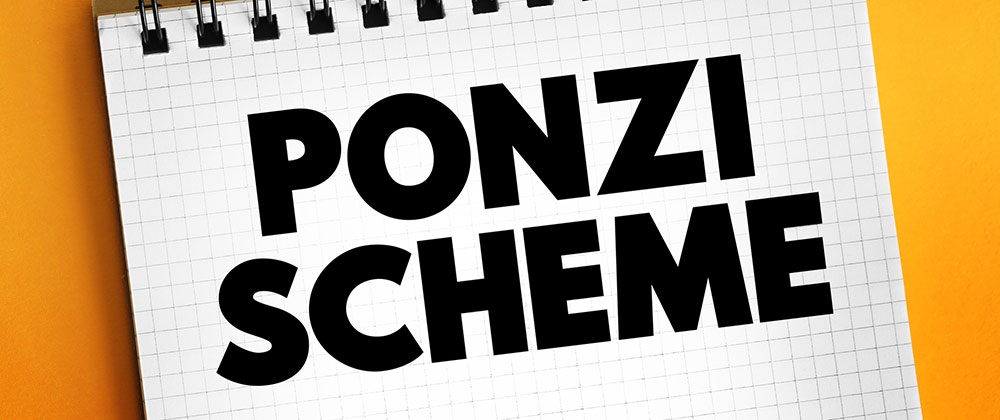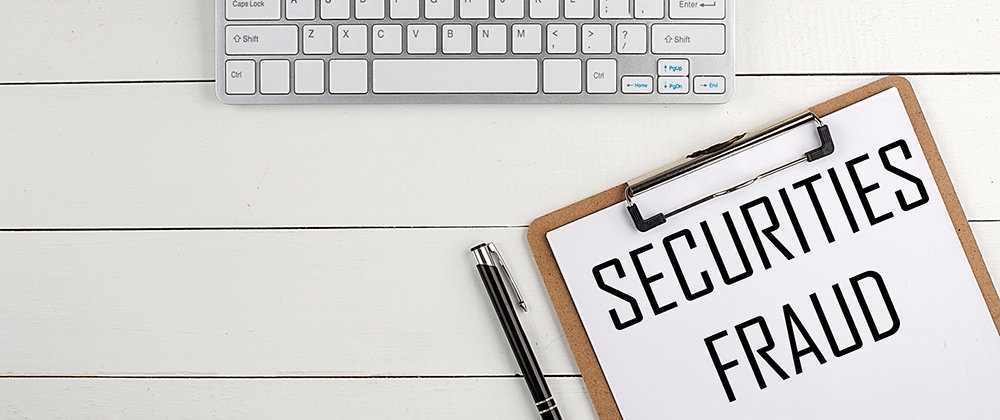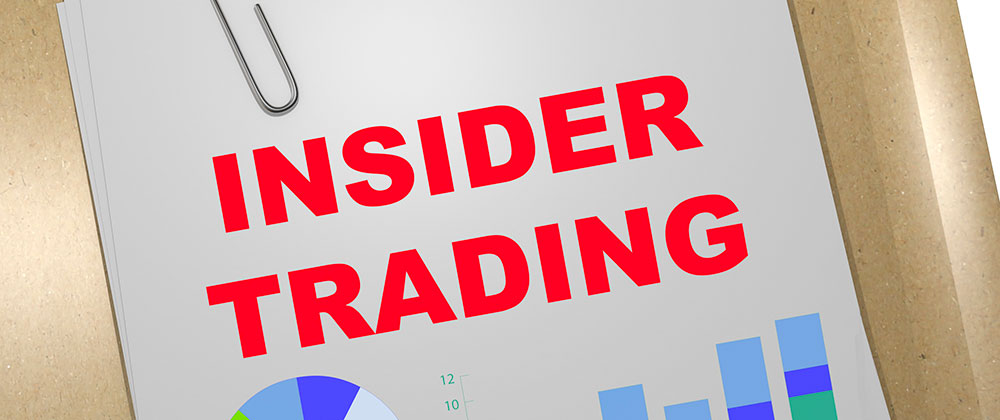While the SEC has always prioritized insider trading investigations in its enforcement program, and publicly touts its successful cases when filed and settled, the truth is that many insider trading investigations simply do not see the light of day and are closed without enforcement action. The reason: insider trading is very difficult for the SEC to prove.
The Enforcement Division of the SEC, which pursues insider trading, faces many obstacles of proof when it conducts its investigation in an attempt to establish that an individual illegally traded based upon material, non-public information. As a former SEC Enforcement attorney, I conducted many insider trading investigations and thus know this to be true. Since leaving the SEC over 15 years ago, I have successfully defended numerous insider trading inquiries as SEC defense counsel. While each case is unique, I have found that the presence of the following facts tends to increase the likelihood (but does not guarantee) that the SEC investigation will die on the vine:
1. The trader has a valid, credible reason for the purchase of the subject security other than inside information. For example: if the trader has a history of trading in the subject stock and has knowledge of the company, its business and price movements, his claim that he purchased it on the basis that it was at the time undervalued, or that he had concluded it was an optimum time to purchase given the stock’s historical trading range — may be difficult for the SEC to disprove.
2. The absence of evidence (or weak evidence) linking the trader with anyone who possessed the material, non-public inside information.
3. Evidence that the alleged non-public information may have been leaked publicly (like in an online investor forum), and that the trader learned of it prior to the trade in question and subsequently traded upon it.
Notwithstanding both the factual and legal challenges the SEC faces in investigating and successfully proving an insider trading violation, I believe the SEC will continue to expend resources to identify, investigate and prosecute these cases. However, it is simply a numbers game — the SEC conducts many insider trading investigations with the knowledge that it will end up only prosecuting and publicizing a few. That is the “inside” truth in the world of SEC insider trading investigations.
David Chase, a securities lawyer, is principal of the law firm of David R. Chase, PA, a SEC defense law firm located in Fort Lauderdale, Florida. Mr. Chase represents those under SEC investigation and handles white collar securities fraud cases. For a confidential, no-cost consultation with Mr. Chase, call toll-free at: 800-760-0912, or send him an e-mail: david@davidchaselaw.com. The firm’s website is: www.securitiesfrauddefense.net.



